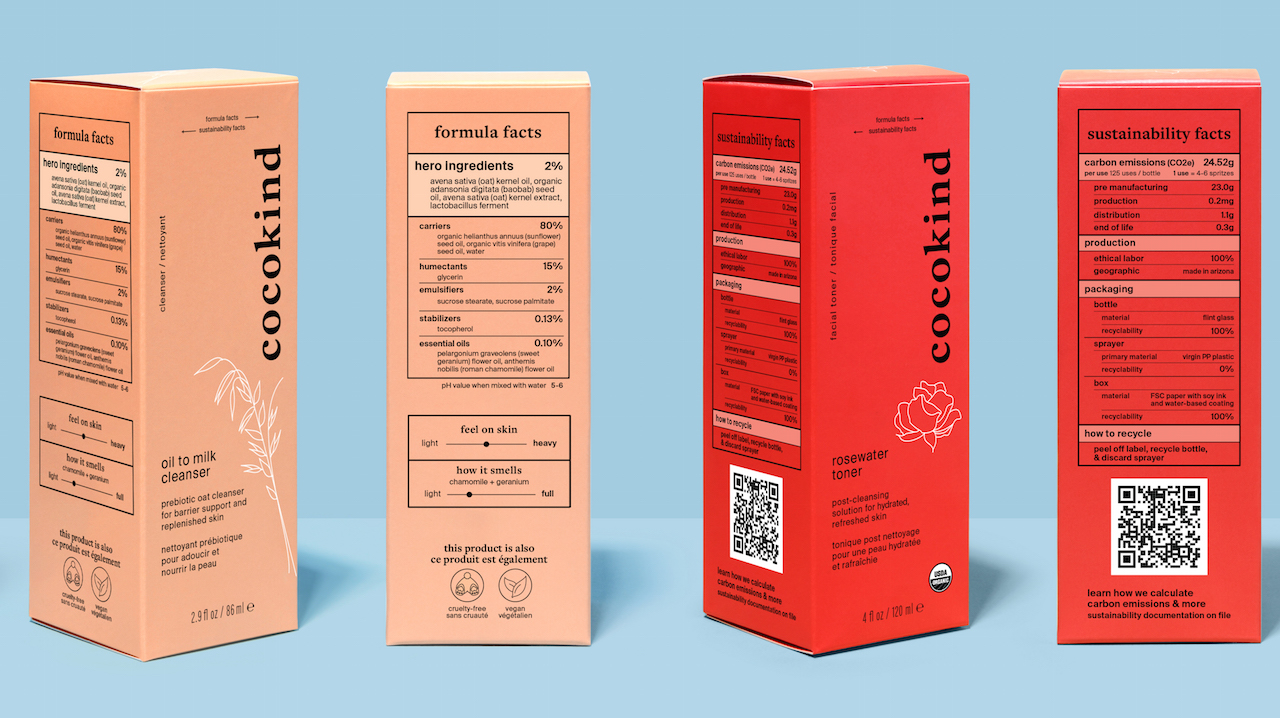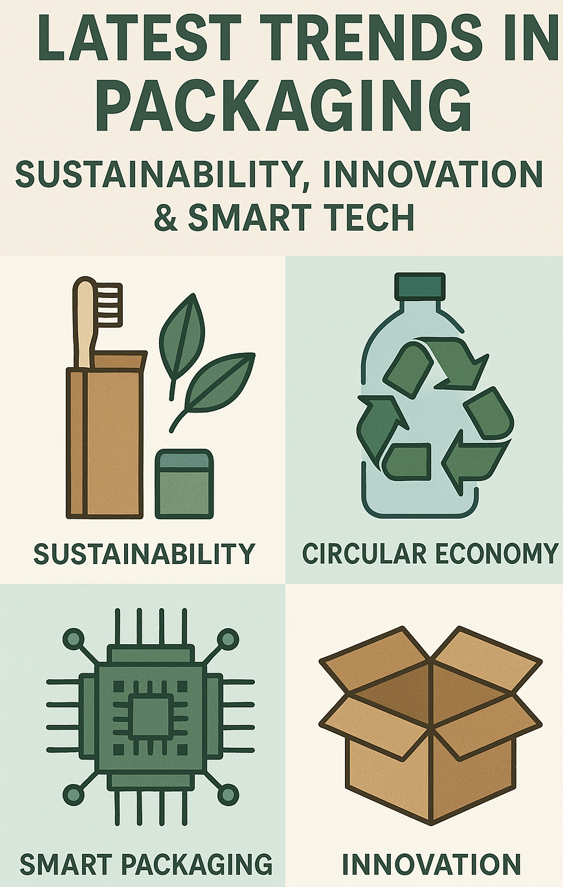
Seven-year-old Cocokind is sold through Target, Ulta Beauty and Thrive Market, among other retailers. Priscilla Tsai, Cocokind founder and CEO, declined to provide financial figures. According to Glossy’s previous reporting, Cocokind expected to grow its direct-to-consumer sales to 40% of total revenue in 2019.
The “anti-aspirational” brand is one of many beauty companies trying to figure out how to elevate its sustainability ethos. Since its launch, Cocokind has relied on glass bottles or bioplastic materials and ocean-waste plastic as its primary packaging materials, Tsai said. But amid 2020 and its environmental side effects, Tsai began asking herself and her team if these efforts were enough to call the brand sustainable. She also questioned what it means to be a sustainable brand.
“As the beauty industry continues to launch products, ourselves included, there needs to be [a more transparent] way to substantiate claims around sustainability,” she said. “[The beauty industry] has been looking at this through a limited definition of sustainability, which is only focused on packaging, and it’s so much more than that.”
Sara Miltenberger, sustainability expert and founder of Restore Media & Strategy consultancy expressed concerns regarding how well customers would understand the metrics behind Cocokind’s sustainability, such as carbon footprint, which is measured in grams. Alternatively, she suggested that Cocokind use more tangible conversions to demonstrate the measurements, such as stating that the energy produced to make a product is equivalent to a certain number of flights or offering a visual representation.
“If you’re going to use secondary packaging, make it powerful and make it educational. It is really great real estate to talk about your brand and what you’re doing,” said Miltenberger.
Cocokind’s packaging initiative arrives as brands are rethinking their sustainable packaging options and understanding that their secondary packaging is underutilized real estate. Traditionally, secondary packaging is the outside carton that houses a product and hosts an ingredient list, instructions on use and other basic information. Codex Beauty recently began printing efficacy panels on its packaging to show customers how well its products perform.
Online, each Cocokind product page also includes the sustainability panel on the brand’s e-commerce and will be consistently updated over time. In addition to updating its packaging, Tsai said Cocokind plans to improve sustainability efforts and produce an annual sustainability report, similar to those shared by conglomerates like L’Oréal Group and Estée Lauder Companies.
“People are no longer buying something because of superficial reasons. People want substance, and packaging should reflect that,” said Tsai.







